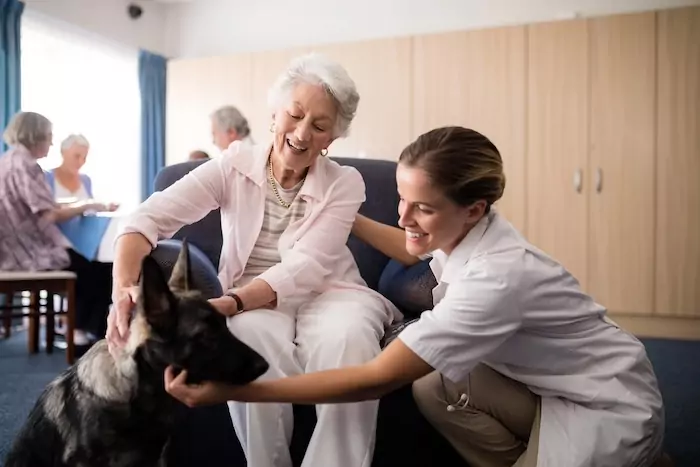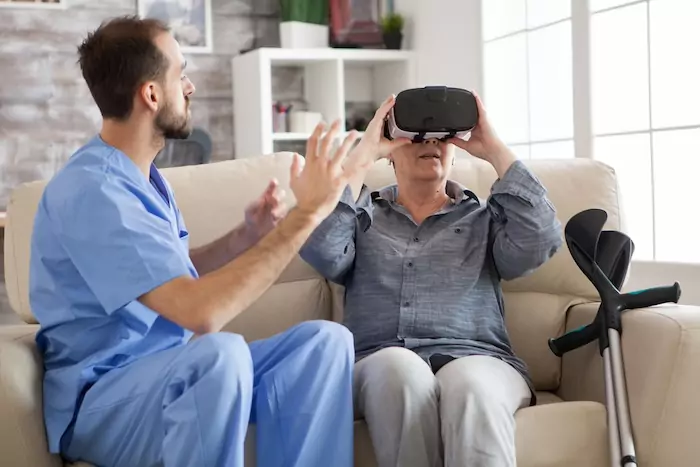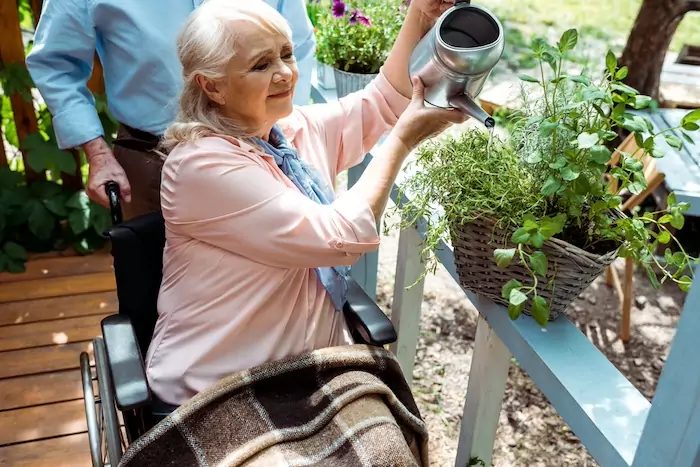When we think of care homes, many people picture a quiet, sedentary environment. However, modern care homes have come a long way, offering vibrant communities filled with opportunities for personal growth, engagement, and fun. Many facilities now prioritise enrichment activities that help residents stay mentally and physically active, contributing to overall well-being and quality of life.
Here are five exciting enrichment activities you might not know are available in care homes today.
5 Enrichment Activities You Didn’t Know Were Available in Care Homes
- Art and Music Therapy

Art and music therapy programmes are becoming increasingly popular in care homes, offering residents a chance to express themselves creatively and emotionally. Through guided art classes, painting sessions, and even sculpture, residents can tap into their creativity, which can have a profound effect on mental health and emotional well-being.
Music therapy, on the other hand, uses the power of rhythm and melody to improve cognitive function and reduce anxiety or depression. Whether it’s singing in a choir, playing musical instruments, or simply enjoying musical performances, these activities help residents stay engaged while nurturing their love for the arts.
Studies have shown that creative activities like art and music can have significant positive effects on cognitive health, helping to slow the progression of memory-related conditions like dementia.
For those seeking a luxurious and engaging care home experience, luxury senior living in Highgate offers a range of enrichment programmes designed to provide a vibrant and fulfilling lifestyle. With personalised care and a wealth of activities, residents can truly enjoy their golden years while continuing to grow and thrive.
- Pet Therapy

Pet therapy programmes in care homes allow residents to interact with trained therapy animals, providing comfort, companionship, and emotional support. Many care homes invite visiting pets (often dogs or cats) that have been specially trained to engage with older adults, particularly those with cognitive or physical challenges.
Pet therapy is known to reduce stress, lower blood pressure, and improve mood. The simple act of petting a friendly animal can have a calming effect and even reduce feelings of loneliness. For residents who may have had pets earlier in life, this form of therapy can bring a sense of nostalgia and joy, creating special moments of connection.
- Lifelong Learning Programmes

Care homes today recognise the importance of lifelong learning and offer a wide range of educational programmes for residents. From history lectures and foreign language classes to creative writing workshops and technology lessons, these programmes provide a stimulating way for residents to expand their knowledge and continue learning.
Lifelong learning promotes cognitive health, keeps the mind sharp, and fosters a sense of accomplishment. Some care homes partner with local colleges or universities to offer courses or workshops that residents can participate in, helping them stay intellectually engaged and connected to the world.
- Virtual Reality Experiences

In a growing number of care homes, virtual reality (VR) is used to transport residents to new places and provide unique experiences. With VR headsets, residents can explore a variety of immersive environments – from walking through famous museums to travelling to faraway destinations they may never have visited before. VR is particularly effective for residents who have limited mobility, as it allows them to experience a sense of adventure and discovery without leaving their care home.
This innovative technology has proven to be an excellent tool for reminiscence therapy, allowing residents to “visit” places from their past or explore new worlds, stimulating both memory and imagination.
- Gardening and Horticulture Programmes

Gardening is a therapeutic activity that is both calming and rewarding. Many care homes offer gardening programmes where residents can plant flowers, tend to vegetables, and even maintain small herb gardens. These activities promote physical exercise, as well as provide mental relaxation and a sense of accomplishment.
Spending time in nature has been shown to reduce stress and improve mood, and gardening offers a hands-on way to connect with the outdoors. Whether it’s planting seeds, watering flowers, or simply enjoying the beauty of a well-maintained garden, horticultural activities can provide residents with a peaceful escape and a renewed sense of purpose.
Wrapping Up
Modern care homes are redefining the ageing experience, offering a wide variety of enrichment activities that help residents stay active, engaged, and fulfilled. From art therapy to virtual reality and pet interactions, these activities enhance the quality of life for seniors and contribute to their physical and emotional well-being.

